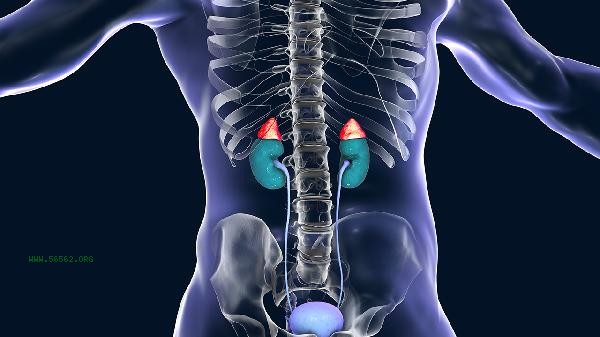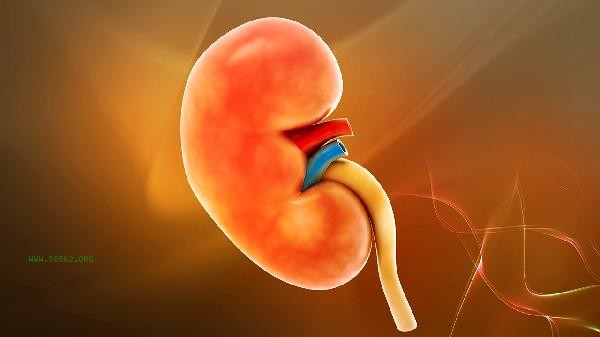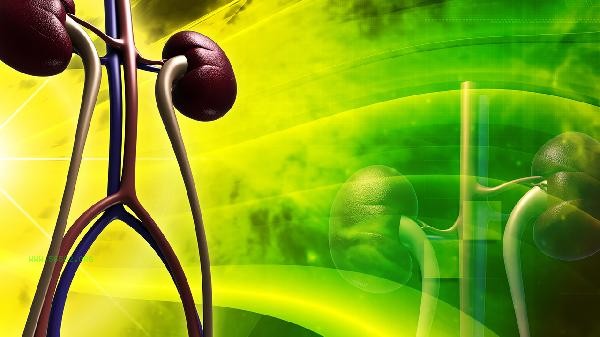Moderate consumption of licorice usually does not cause significant damage to the kidneys, but long-term overdose may increase the burden on the kidneys. Glycyrrhizic acid in glycyrrhiza may cause water sodium retention and hypokalemia, and then affect renal function. Special populations such as patients with chronic kidney disease and hypertension need to strictly control their intake. Licorice, as a common medicinal and edible dual-use material, has the effects of harmonizing medicinal properties and relieving cough when used in small amounts. Short term consumption of licorice products or tea drinks containing licorice in healthy individuals generally does not directly lead to kidney problems. The intake of licorice components through candy, herbal tea, and other means in daily diet is usually at a low dose, and its metabolic effects on the kidneys are limited. However, it should be noted that some traditional candied fruits or herbal formulas may contain high concentrations of licorice extract, and continuous consumption in large quantities may exceed the safe range. Long term daily intake of more than 50 grams of licorice or equivalent glycyrrhetinic acid may cause pseudo aldosteronism, manifested as elevated blood pressure, edema, and blood potassium symptoms, indirectly increasing the burden of renal filtration. Chronic kidney disease patients are more prone to electrolyte imbalances due to decreased excretion function. Some traditional Chinese patent medicines and simple preparations, such as compound licorice tablets, contain glycyrrhizin, and the dosage should be strictly controlled according to the doctor's advice. When licorice is used together with diuretics and cardiac glycosides, it may interfere with drug metabolism and exacerbate the risk of kidney damage.

Daily use of licorice is recommended to be short-term and in small amounts, avoiding continuous use for more than two weeks. Choose low sugar licorice products to reduce additional metabolic stress, and increase drinking water appropriately after consumption to promote metabolism. Those with abnormal renal function should consult a doctor or nutritionist, and use traditional Chinese patent medicines and simple preparations or health care products containing glycyrrhizic acid cautiously. Maintain a balanced diet and avoid long-term excessive intake of licorice as a single ingredient. It can be paired with potassium rich foods such as bananas and spinach to regulate electrolyte balance.










Comments (0)
Leave a Comment
No comments yet
Be the first to share your thoughts!